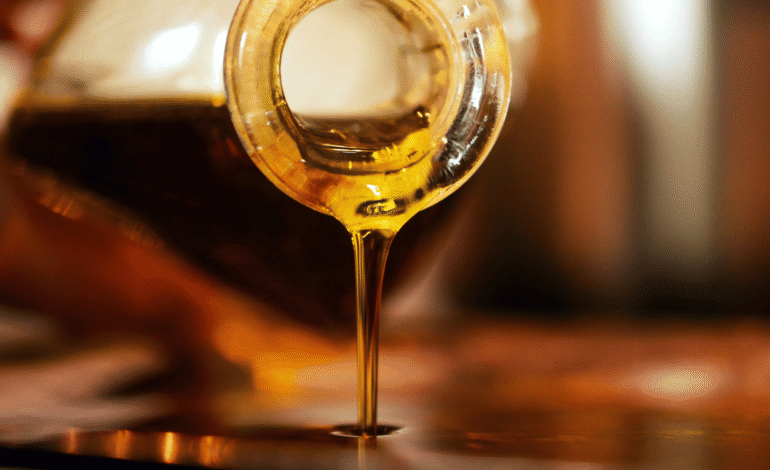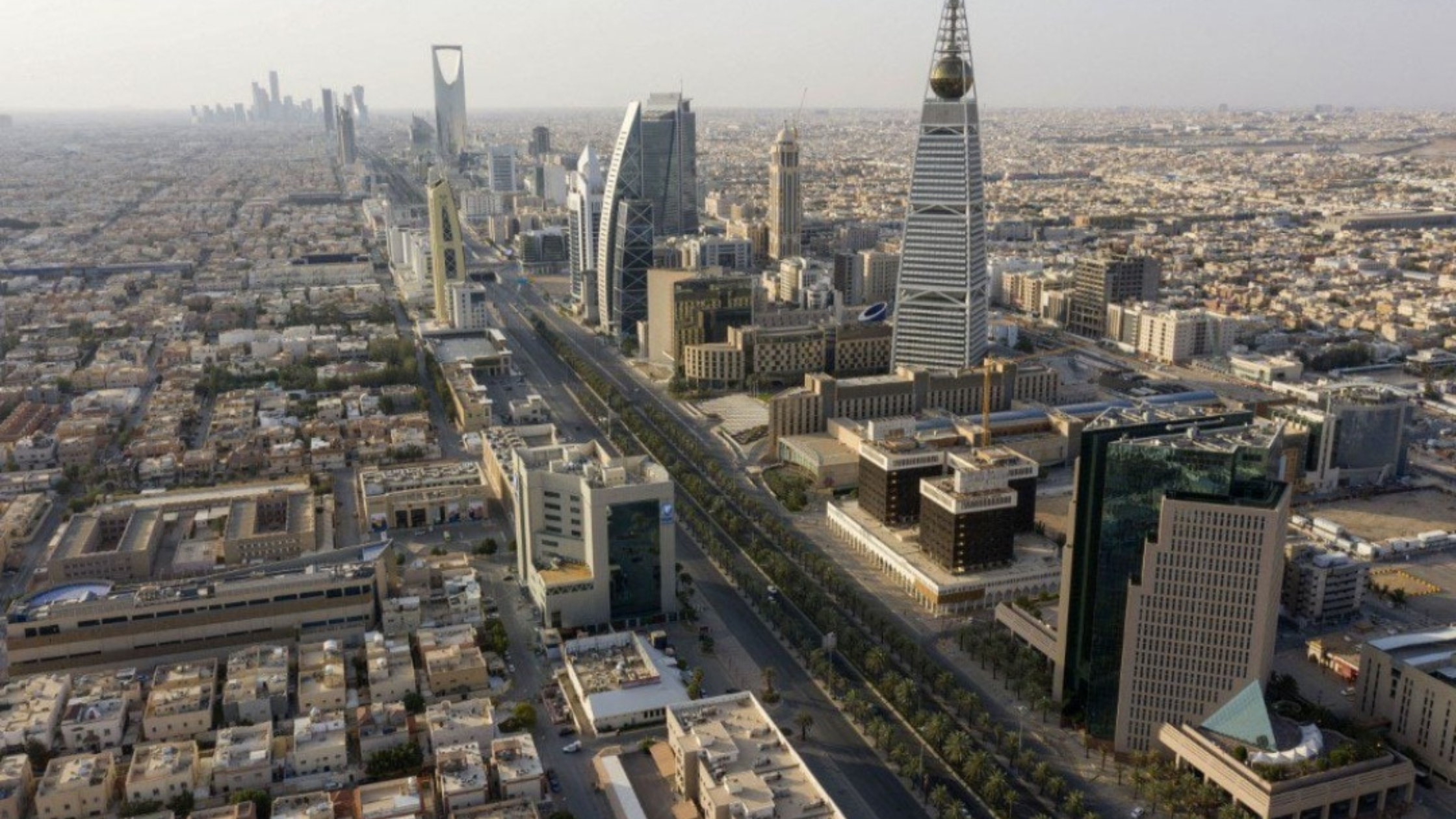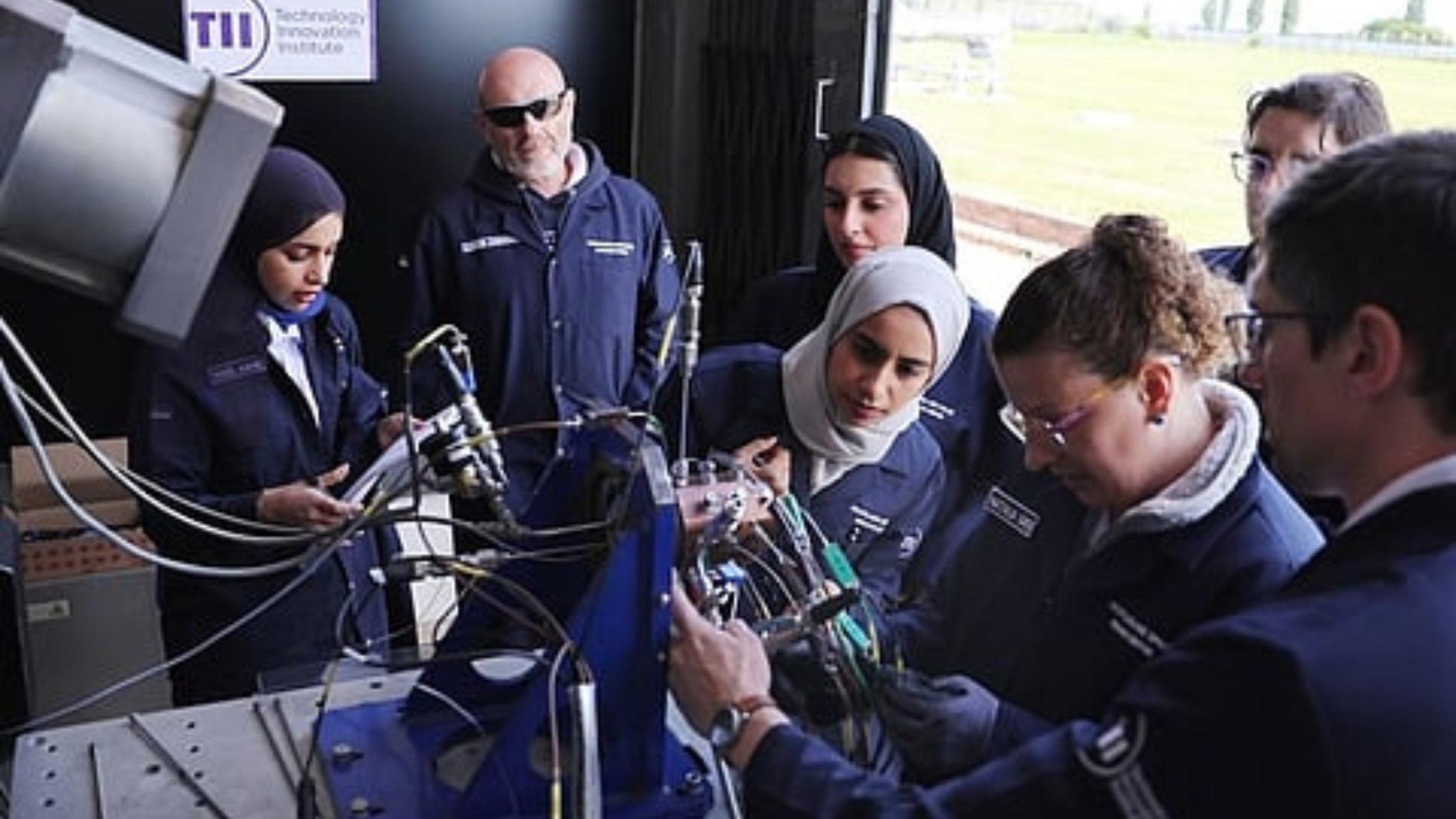Dubai’s Cooking Oil to Biodiesel: A Green Revolution 2025

In a groundbreaking step toward a sustainable future, Dubai is transforming used cooking oil from households and restaurants into biodiesel, a renewable fuel that powers a greener tomorrow. Through a pioneering partnership between Dubai Municipality and BiOD Technology FZCO, a subsidiary of DUBAL Holding, this initiative tackles environmental challenges while advancing the emirate’s circular economy goals. By converting waste oil into B100 biodiesel, Dubai is not only preventing clogged pipes and environmental harm but also setting a global benchmark for waste-to-energy innovation. This article delves into the details of this transformative project, its impact on residents, businesses, and the environment, and how it aligns with the UAE’s vision for sustainability.
A Revolutionary Approach to Waste Management
Dubai’s latest environmental initiative is redefining how used cooking oil (UCO) and fats, oils, and grease (FOG) are managed across the emirate. Instead of allowing these waste products to clog drainage systems or pollute waterways, Dubai Municipality has partnered with BiOD Technology to collect and convert them into renewable biodiesel. This sustainable solution addresses a common household and commercial issue—improper disposal of cooking oil—while contributing to cleaner energy production.
The initiative, formalized through a Memorandum of Understanding (MoU), empowers BiOD Technology to collect UCO and FOG from homes, restaurants, and commercial kitchens across Dubai. The collected waste is then processed into B100 biodiesel, a clean fuel alternative that significantly reduces carbon emissions compared to traditional fossil fuels. This project not only mitigates environmental risks but also supports Dubai’s ambition to lead in green technology and sustainable waste management.
Adel Al Marzooqi, CEO of the Waste and Sewerage Agency at Dubai Municipality, highlighted the project’s significance: “This collaboration is a pivotal milestone in our journey to advance Dubai’s environmental sustainability agenda. By transforming waste into a valuable resource, we’re protecting our infrastructure, reducing environmental risks, and aligning with Dubai Vision 2030.”
Supporting UAE’s Green Economy Goals
The cooking oil-to-biodiesel initiative is a cornerstone of the UAE’s Green Economy strategy, which aims to reduce environmental impact and promote sustainable development. By converting waste oil into biodiesel, Dubai is lowering the carbon footprint associated with waste disposal and energy production. This project also reduces the operational costs of wastewater treatment by preventing oil-related blockages in sewer systems, which can be costly to repair and environmentally damaging.
Restaurants and commercial kitchens, which generate significant amounts of UCO and FOG, are key players in this initiative. By participating in the collection process, these businesses contribute to a cleaner environment while aligning with Dubai’s sustainability goals. The project encourages a shift toward responsible waste disposal practices, fostering a culture of environmental stewardship among residents and businesses alike.
A Public-Private Partnership for Sustainability
The MoU between Dubai Municipality and BiOD Technology represents a model of public-private collaboration that drives innovation and impact. The agreement was signed in the presence of senior officials, including Fahad Al-Awadhi, Director of Sewerage and Recycled Water Projects Department at Dubai Municipality; Yousef Bastaki, Board Member of BiOD Technology; and Shiva Vig, CEO of BiOD Technology. This partnership leverages BiOD Technology’s expertise in waste-to-energy solutions to create a scalable system for biodiesel production.
Ahmed bin Fahad Al Muhairi, Chairman of the Board of BiOD Technology, emphasized the collaborative spirit of the initiative: “Our partnership with Dubai Municipality reflects our shared commitment to sustainable innovation. By transforming used cooking oil into renewable fuel, we’re creating tangible environmental benefits and advancing Dubai’s circular economy goals.”
Shiva Vig, CEO of BiOD Technology, added: “With cutting-edge technology and deep industry expertise, we’re converting UCO and FOG into high-quality biodiesel. This initiative is just the beginning we’re excited to expand our efforts into broader sustainable waste management solutions that make a global impact.”
How It Works: From Kitchen to Fuel Tank
The process of converting used cooking oil into biodiesel is both innovative and efficient. BiOD Technology collects UCO and FOG from designated collection points across Dubai, including households, restaurants, and food outlets. The collected waste is transported to specialized facilities where it undergoes a series of processes, including filtration and chemical treatment, to produce B100 biodiesel a pure, renewable fuel that can be used in vehicles, machinery, and industrial applications.
This waste-to-energy process offers multiple benefits:
- Environmental Protection: Prevents used cooking oil from entering waterways, reducing pollution and harm to marine life.
- Infrastructure Preservation: Reduces blockages in sewer systems, lowering maintenance costs for Dubai’s wastewater treatment facilities.
- Carbon Reduction: Produces biodiesel that emits fewer greenhouse gases than traditional fuels, supporting Dubai’s climate goals.
- Circular Economy: Transforms waste into a valuable resource, aligning with the principles of a circular economy.
By encouraging residents and businesses to participate in UCO collection, Dubai is fostering a community-driven approach to sustainability. Collection points are being established across the emirate, making it easy for households to contribute to this green initiative.
Impact on Households and Businesses
For Dubai’s residents, this initiative offers a practical way to contribute to a greener future. Instead of pouring used cooking oil down the sink a habit that can lead to costly plumbing issues and environmental damage households can now dispose of it responsibly. Designated drop-off points and collection services will make it convenient for residents to participate, turning everyday waste into a resource for renewable energy.
Restaurants and commercial kitchens, which produce large volumes of UCO and FOG, stand to benefit significantly. By partnering with BiOD Technology, these businesses can streamline their waste disposal processes, reduce their environmental footprint, and align with Dubai’s sustainability regulations. This initiative also enhances their reputation as environmentally responsible establishments, appealing to eco-conscious customers.
Aligning with Dubai Vision 2030
The cooking oil-to-biodiesel project is a key component of Dubai Vision 2030, which aims to position the emirate as a global leader in sustainability and innovation. By investing in waste-to-energy solutions, Dubai is reducing its reliance on fossil fuels and promoting cleaner alternatives. The initiative also supports the UAE’s Net Zero by 2050 strategy, which seeks to achieve carbon neutrality through innovative environmental practices.
In addition to its environmental benefits, the project contributes to Dubai’s reputation as a hub for green technology. By showcasing scalable solutions like biodiesel production, the emirate is attracting global attention and inspiring other cities to adopt similar initiatives. This aligns with Dubai’s broader goal of becoming a smart city that prioritizes sustainability, innovation, and quality of life.
A Model for Regional and Global Impact
Dubai’s used cooking oil initiative is part of a growing list of sustainable efforts that position the emirate as a regional leader in waste-to-energy innovation. Other projects, such as the Dubai Waste-to-Energy Centre and the expansion of recycling programs, complement this initiative, creating a comprehensive approach to waste management. The partnership with BiOD Technology sets a precedent for public-private collaborations that can be scaled to other emirates and beyond.
Globally, the conversion of UCO into biodiesel is gaining traction as a sustainable alternative to traditional fuels. Dubai’s initiative serves as a model for other cities looking to address waste management challenges while promoting renewable energy. By leveraging cutting-edge technology and fostering community participation, Dubai is demonstrating how urban centers can drive meaningful environmental change.
Community Engagement and Awareness
To ensure the success of the cooking oil-to-biodiesel initiative, Dubai Municipality and BiOD Technology are launching awareness campaigns to educate residents and businesses about the importance of proper waste oil disposal. These campaigns will highlight the environmental and economic benefits of the project, encouraging widespread participation. Schools, community centers, and online platforms will play a key role in spreading the message, fostering a culture of sustainability across the emirate.
Residents will be provided with clear instructions on how to store and dispose of used cooking oil, ensuring that the collection process is seamless and accessible. Businesses, particularly in the hospitality sector, will receive guidance on integrating UCO collection into their operations, with incentives for participation.
The Future of Sustainable Waste Management in Dubai
The cooking oil-to-biodiesel initiative is just the beginning of Dubai’s journey toward a circular economy. Future plans may include expanding the collection network, integrating smart technology for real-time monitoring of UCO volumes, and exploring additional waste-to-energy applications. Dubai Municipality is also considering partnerships with other industries to further diversify its sustainability initiatives.
As Dubai continues to grow as a global hub for tourism, business, and innovation, projects like this underscore the emirate’s commitment to balancing development with environmental responsibility. The biodiesel initiative is a testament to Dubai’s ability to turn challenges into opportunities, creating a cleaner, greener, and more sustainable future for all.







